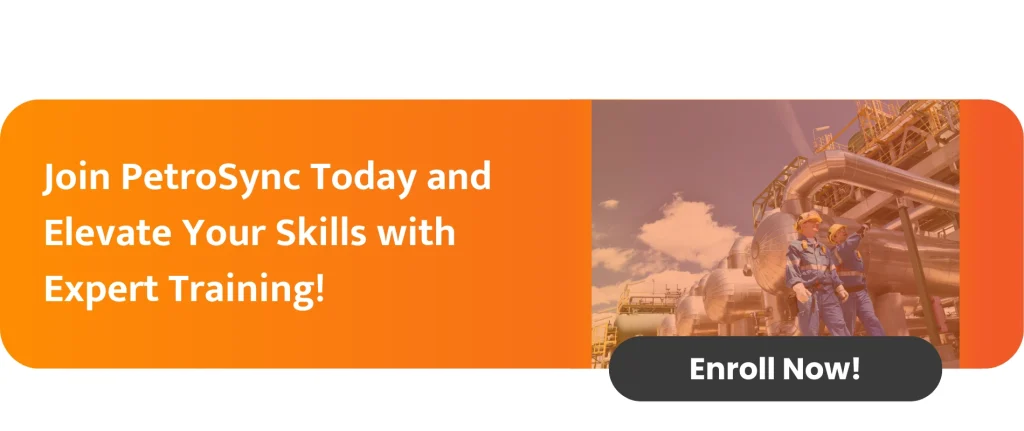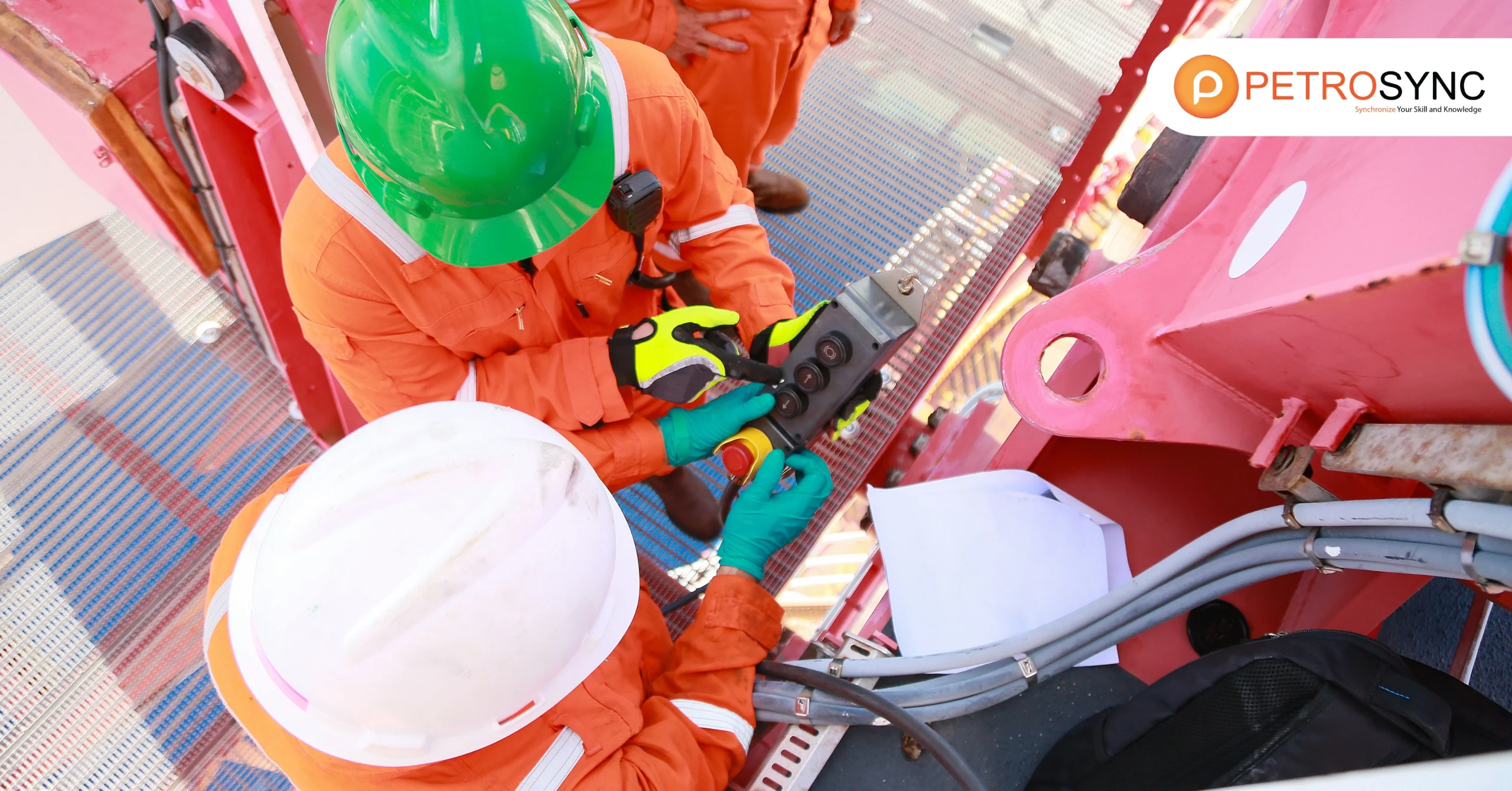API 571 is an important step in the certification process for professionals in the oil, gas, and petrochemical industries. Understanding the many damage mechanisms that influence stationary equipment is critical for maintaining both safety and operating efficiency in refinery environments.
The document gives a detailed description of the most common types of corrosion and damage, making it an invaluable resource for individuals looking to improve their skills and become certified. In this essay, we will look at the fundamentals of API 571, best practices, and advice for passing the API 571 certification test.
What Is API 571 Body of Knowledge?

The API 571 Body of Knowledge covers a wide range of damage mechanisms that are frequently encountered in refining situations. It discusses the understanding and prevention of issues like as high-temperature corrosion, embrittlement, and stress cracking. The goal of this publication is to educate industry professionals on how these damaging processes occur.
How to identify them and prevent or control them. The API 571 Body of Knowledge provides a complete understanding of damage mechanisms. It divides the information into two categories: specific types of equipment and environmental conditions that may cause corrosion.
Experts can proactively manage risks and prolong the life of essential equipment in refineries and chemical plants. API 571’s Body of Knowledge is not just a guide for technicians and engineers but also serves as a vital resource for inspectors who are responsible for assessing the health of equipment in refineries.
A solid understanding of the mechanisms outlined in API 571 allows professionals to perform inspections and predict possible points of failure with greater accuracy.
What Is API 571 Recommended Practice?
API 571 Recommended Practice is a guideline that helps professionals understand how to handle and minimize damage mechanisms in refinery environments. It provides thorough descriptions of approximately 60 potential damage processes, including how each mechanism works, the materials impacted, and the usual operating conditions under which these concerns may occur.
The recommended procedures also offer preventative methods to reduce corrosion and minimize damage risk. Industry experts have developed these recommendations over years of experience, representing best practices worldwide. API 571 outlines adaptable and practical practices for various equipment and processes.
By following these guidelines, organizations can prevent costly equipment failures, improve safety standards, and ensure regulatory compliance. API 571’s recommended practices are invaluable for extending the operational life of refining equipment while maintaining safety standards.
What Is The API Code 571?
The API 571 Code is essentially a standardized guideline within the American Petroleum Institute (API) publications that focuses specifically on the identification and prevention of damage mechanisms that affect fixed equipment in refining and petrochemical plants. This code is part of the wider API Standard and Recommended Practices.
Which are widely acknowledged to promote safety, health, and environmental protection. API 571 is widely used in conjunction with other API codes, such as API 510 (Pressure Vessel Inspection Code) and API 570 (Piping Inspection Code), to create a unified framework for the inspection, maintenance, and repair of critical equipment.
In short, API Code 571 is an invaluable resource for engineers, inspectors, and technicians working in industries where corrosion and damage mechanisms are a major concern. Individuals who want to contribute to the integrity and safety of refining processes must understand and follow this code.
How To Pass API 571 Exam?
Passing the API 571 test necessitates a solid understanding of the Body of Knowledge, which focuses on the damage mechanisms affecting fixed equipment in refineries. The exam consists of multiple-choice questions meant to examine an individual’s understanding of these mechanisms, the environmental factors that cause them, and preventative and mitigation strategies.
To succeed, dedicate time to studying the API 571 Body of Knowledge. PetroSync offers expert-led training courses that cover in-depth topics, real-world examples, and exam-taking techniques.
Here are some recommendations for passing the API 571 exam:
1. Understand the damage mechanisms: Concentrate on how each process operates, the materials used, and the conditions under which it occurs.
2. Use study guides and practice questions: Practice with sample questions and review the detailed answers to understand where you may need improvement.
3. Attend formal training: Enroll in a training course like PetroSync’s API 571 training to get expert insights and strategies for passing the exam.
4. Review API standards: Familiarize yourself with other relevant API codes such as API 510 and API 570, as the exam may reference them.
With structured preparation and focus, passing the API 571 exam is attainable for dedicated professionals.
How Many Marks Are There In API 571?
The API 571 exam has 70 multiple-choice questions testing damage mechanisms knowledge and real-world application skills. The exam lasts four hours, providing candidates a limited time to demonstrate their skills. A minimum score of 70% is necessary to pass the API 571 test. This implies that candidates must correctly answer at least 49 of the 70 questions.
The questions assess a candidate’s knowledge of API 571, focusing on damage mechanisms affecting fixed equipment in refining environments. Manage your time well during the exam and read each question carefully to understand it before answering.
Master API 571 with PetroSync’s Expert Training
API 571 certification can lead to a variety of job prospects in the oil, gas, petrochemical, and energy industries. Mastering the Body of Knowledge in API 571 not only improves professionals’ skills, but also assures the safety and lifespan of key equipment.
PetroSync‘s expert-led training programs help professionals obtain a thorough understanding of the concepts required to pass the API 571 exam. We design our courses to teach practical knowledge, share industry best practices, and provide exam-oriented tactics.. Enroll immediately and advance your career as an API 571 certified professional.

Results-oriented and thorough SEO specialist with extensive experience in conducting keyword research, developing and implementing digital website promotion strategies and plans, managing campaigns to develop company websites in the digital world, excellent knowledge of marketing techniques and principles, and attentive strong attention to detail.







